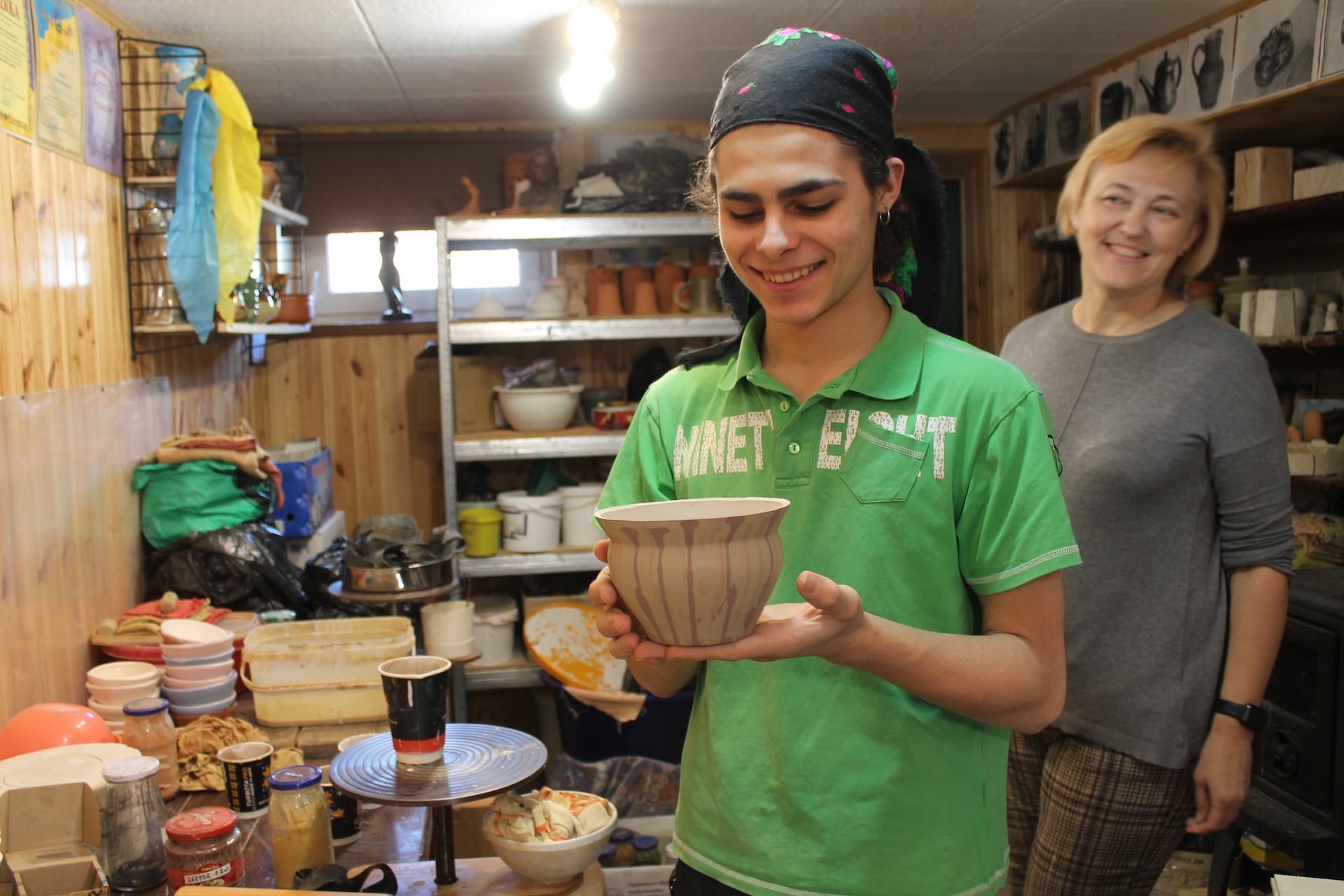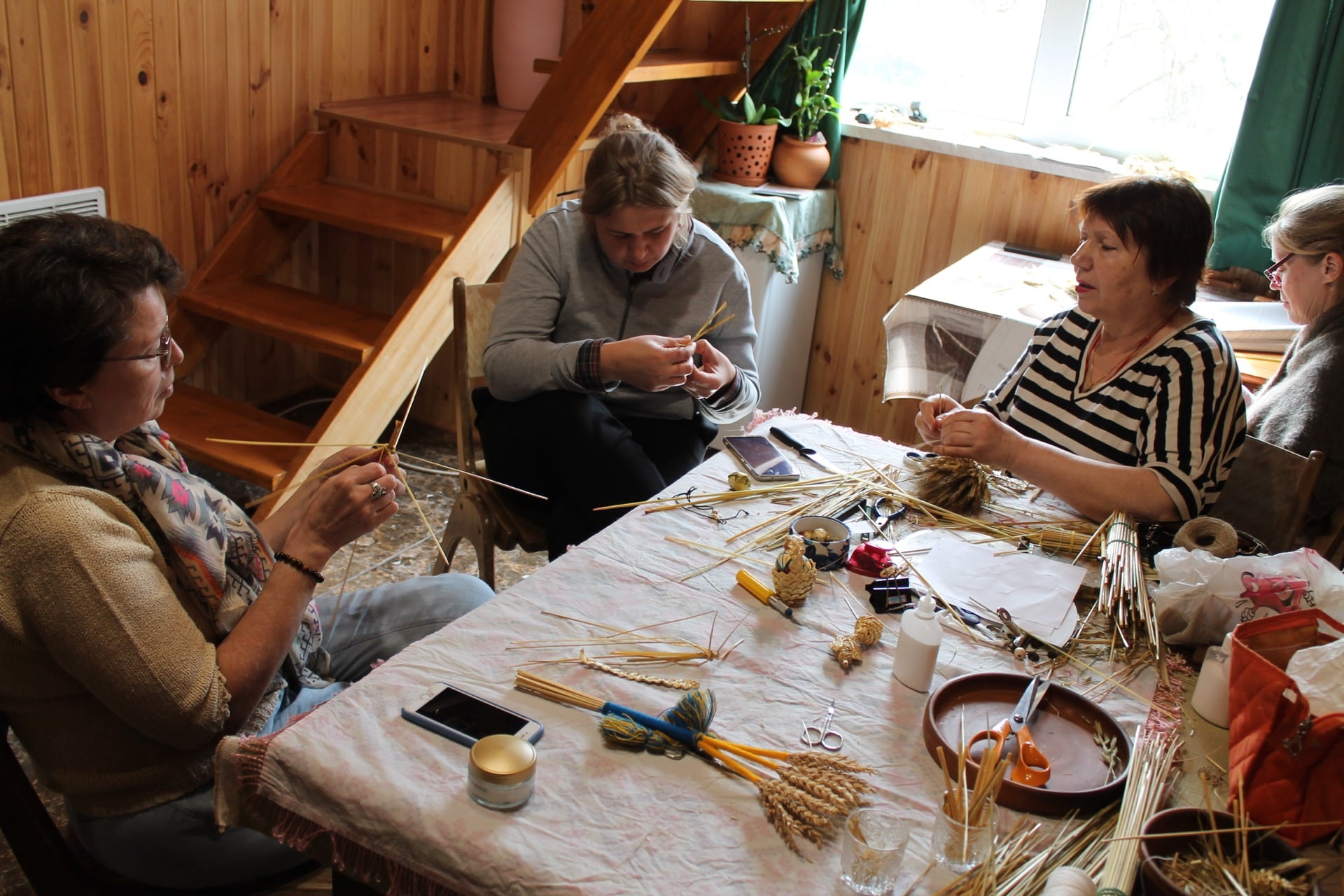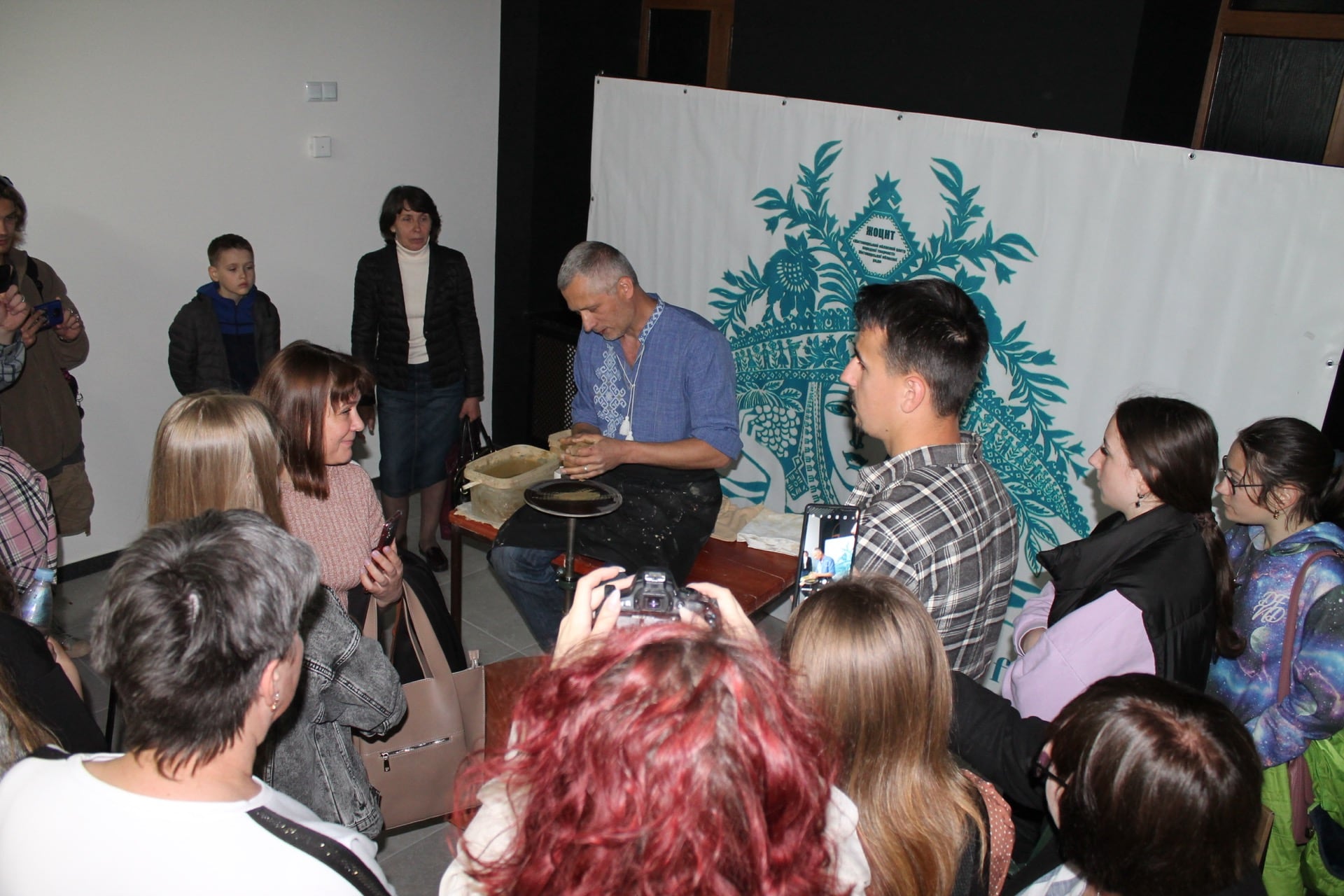ZMINA: Rebuilding - Learning new professions: how the eco-settlement system helps in times of war

The NGO Global Network of Ecovillages of Ukraine was established in 2018. It unites a number of ecological settlements and communities, implements educational and cultural projects, and supports environmental initiatives.
With the onset of the full-scale invasion, the organisation launched the Green Road of Ecovillages project to help accommodate internally displaced people and provide them with everything they need.
Together with its partner Permaculture in Ukraine, the organisation has created a map of locations in rural areas that are ready to host people seeking short-term or long-term asylum. Together with the Global Ecovillage Network Europe, the organisation has also managed to create a map of European eco-communities that are ready to host Ukrainian refugees.
Since the beginning of the project, almost 3000 people have passed through the project locations. The project was implemented in several stages. Provision of urgent humanitarian support, the stage of infrastructure improvement, improvement of food security, and the stage of integration.
%20-%201__resized.JPG)
The project also provided educational assistance to children, collected and provided used laptops, used and refurbished bicycles to improve mobility, children's camps, and more. The project continues to provide assistance to eco-settlement housings.
The organisers say that after the IDPs were settled, the problem of rehabilitation, self-sufficiency, leisure and development of children and adults, and enrichment of the cultural environment of the communities arose. That's when the idea of the first crafts training project for IDPs and eco-settlement residents was born in 2023. Througha series of events, participants were able to master three types of crafts: pottery, weaving, and straw weaving. The project received a lot of positive feedback, and the young craftsmen even took part in the Caravan of Masters project, where they held workshops for children and adults while travelling across the country.

During this project, the organisers saw great interest and wanted to continue and increase it. The ZMINA: Rebuilding grant helped them to do so.
The main aim of the project was to provide work for IDPs and residents of eco-settlements, to teach new skillsof crafts and to revive the cultural environment of the communities. To do this, the three types of crafts were expanded to include sewing traditional clothes, weaving, wood carving, ceramics, straw weaving, and pottery.
According to the organisers, the project has achieved its goals. After completing the course, some participants opened their own workshops and started making crafts, while others began working with children and spreading the knowledge they had gained further. Some of the manufacturers have formed a community to promote their products on international handmade platforms. In the summer and during events in the settlements and communities, they hold workshops for everyone.
__resized.JPG)
The communities in the settlements have begun to actively cooperate with the project participants. The organisers say that there are also successful examples of participants who have received grants for their own workshops.
‘During the public events, we received numerous positive comments and after the project was completed, at the request of representatives of the state cultural authorities, two more events were held to present the project results with demonstration workshops on folk crafts,’
the organisers say.
In the future, the team is going repeat the courses and increase the number of craftsmen. Currently, they are planning to bring all the craftspeople together into a common network. To do this, they have created a thematic chat room and registered a joint shop on the well-known international crafts website Etsy. Currently, the shop is in the process of developing, collecting and stocking products, as well as preparing photos and descriptions of the works.

ZMINA: Rebuilding is a project co-funded by the EU Creative Europe Programme under a dedicated call for proposals to support Ukrainian displaced people and the Ukrainian Cultural and Creative Sectors. The project is a cooperation between IZOLYATSIA (UA), Trans Europe Halles (SE) and Malý Berlín (SK).